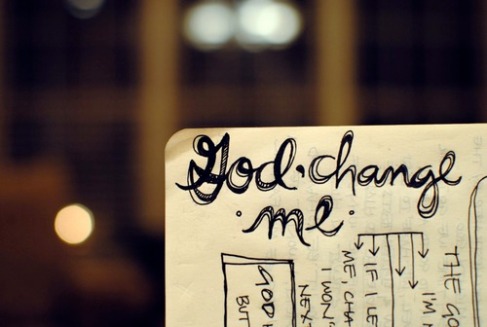Feeling like this:
Trying to remember this:
‘This is how God showed his love among us: He sent his one and only Son into the world that we might live through him. This is love: not that we loved God, but that he loved us and sent his Son as an atoning sacrifice for our sins.’ (1 John 4:9-10)
John said that God is love, and this is how He showed His love, by sending His Son to die for us. Our greatest need is not freedom from adversity. All the possible calamities that could occur in this life cannot in any was be compared with the absolute calamity of eternal seperation from God. Jesus said no earthly joy could compare with the eternal joy of our names written in heaven (see Luke 10:20). In like manner, no earthly adversity can compare with the awful calamity of God’s eternal judgement in hell.
So when John said that God showed His love by sending His Son, he was saying God showed His love by meeting our greatest need – a need so great that no other need can even come close to it in comparison. If we want proof of God’s love for us, then we must look first at the Cross where God offered up His Son as a sacrifice for our sins. Cavalry is the one objective, absolute, irrefutable proof of God’s love for us.
– J. Bridges
xx zs
















